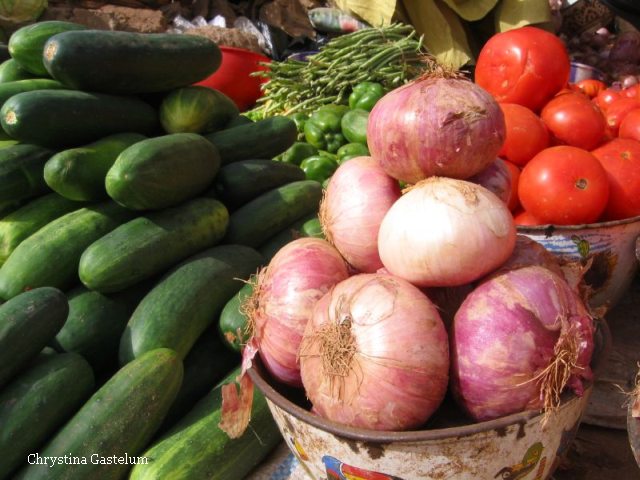Eu Compensations to Farmers Affected by the Russian Embargo
21 EU Agriculture Ministers have called on the European Commission to earmark funds to help farmers affected by the Russian embargo.

Valentin Țigău, 11.11.2014, 13:39
In a joint statement signed in Brussels on Monday, the agriculture ministers of 21 EU member countries, including Romania, call on the European Commission to grant compensations to farmers affected by the Russian embargo. The money would come from funds distributed under the Common Agricultural Policy (CAP) and not from an emergency fund, which petitioners believe should be kept aside, in the event of further challenges next year. The European Commission would rather use the CAP funds to fill gaps in the present budget and help farmers with money from the emergency funds, but that can be done only in exchange for a 1% cut in regular farm subsidies.
The European Commission has already announced 344 million euros worth of compensations to vegetable growers and manufacturers of dairy products who have lost money as a result of the Russian embargo. But if this money is taken from the emergency fund alone, it means only 88 million euros will be left to help farmers next year or to deal with any unforeseen situation. A decision in this respect is to be made during the negotiations over the 2015 EU budget, due to end on November 17th. Following the statement on Monday, the French agriculture minister Stephane Le Foll, has said that the 21 signatory countries will have every reason to stall negotiations unless their requests are met.
The statement was signed during the agriculture ministers’ first meeting, after the new European Commission, led by Jean-Claude Juncker took over the office early this month. The meeting was also attended by the new agriculture commissioner, the Irish Phil Hogan, who replaced Romanian Dacian Ciolos, during whose term a New Agricultural Policy was developed and new aid measures for the European farmers affected by the Russian embargo were envisaged.
The Agriculture Minister in Bucharest, Daniel Constantin says that even without any direct exports to Russia, Romania runs the risk of an indirect backlash as products coming from countries like Lithuania and Poland could be found at dumping prices. The Romanian official has warned that any EU member country might resort to national strategies in an attempt to protect its farmers and producers and has called for a European solution to an issue considered of mutual interest.
Translated by Daniel Bilt






























